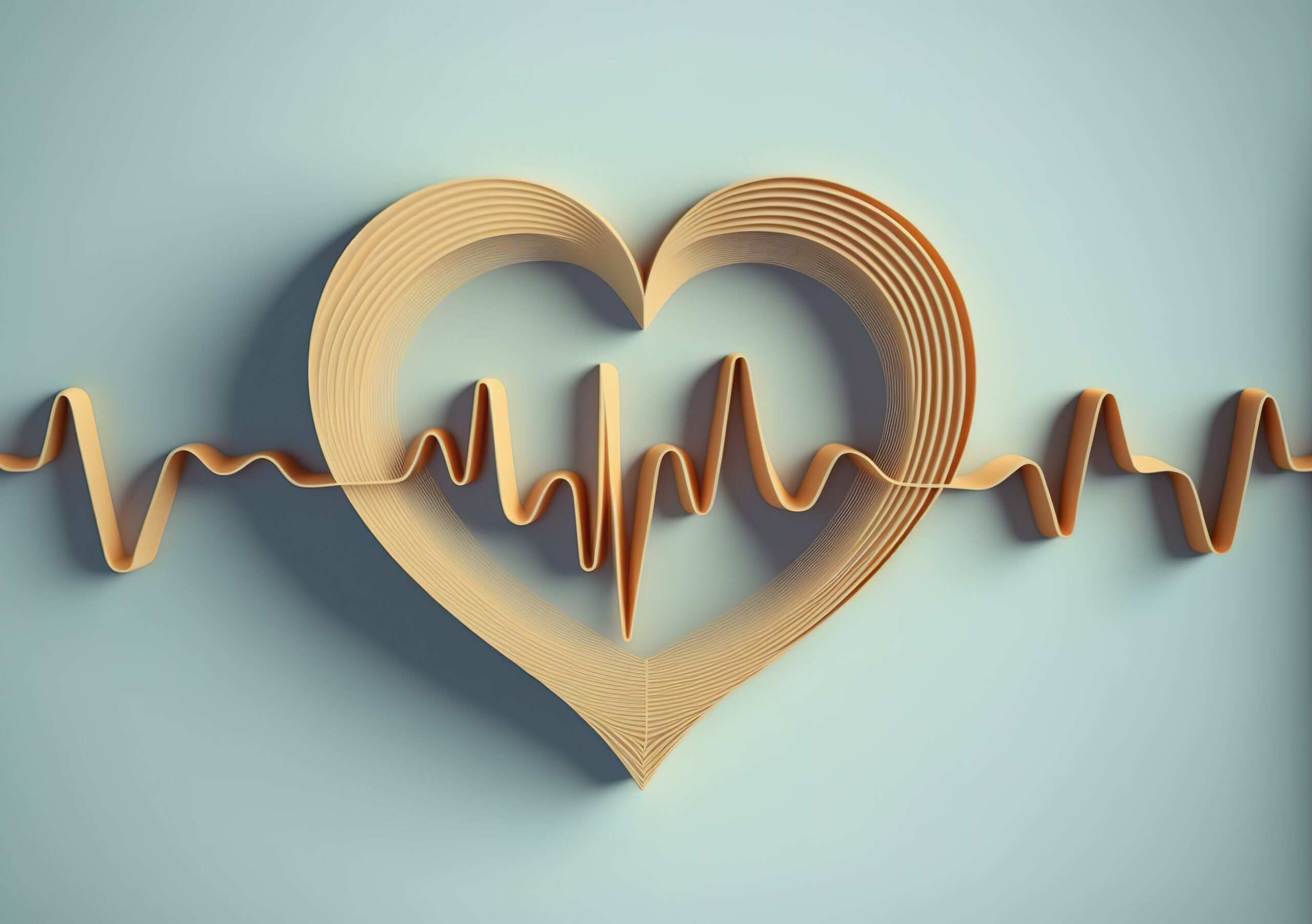Diagnostics
Functional diagnostics
At the heart of our medical practice, and thus an integral part of our practice concept, is a medicine that relies beyond the use of technology. Before resorting to equipment, we listen to you, examine you physically, and only then apply modern technology.
Of course, we attach great importance to modern equipment, such as high-resolution ultrasound.

An electrocardiogram (ECG) can be performed as part of a checkup to examine the heart. During this examination, ten electrodes are attached to the extremities and chest wall to measure the heart's electrical activity. The examination is completely painless and usually takes only a few minutes.
A pulmonary function test (spirometry) detects and monitors lung diseases. It is also used in travel medicine and diving diagnostics. The painless test takes only a few minutes. Spirometry measures the volume of air breathed and the speed at which you inhale and exhale. This diagnostic test helps diagnose conditions such as asthma, chronic obstructive pulmonary disease (COPD), or other respiratory diseases. Regular testing can help monitor disease progression and evaluate the effectiveness of treatments.
Laboratory medicine involves the examination of body samples, such as blood, stool, urine, and swabs of all kinds, to rule out or confirm a disease. This often makes effective treatment and monitoring of a disease possible. Today, laboratory medicine is an integral part of virtually all medical disciplines.
We collaborate with several laboratory physicians and submitting laboratories. This ensures the highest possible quality of the laboratory diagnostics we perform. We maintain regular communication with the respective laboratory physicians and regularly discuss any abnormal findings together in a consultative case review.